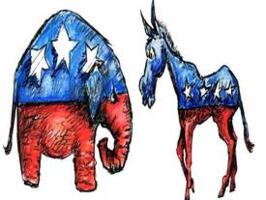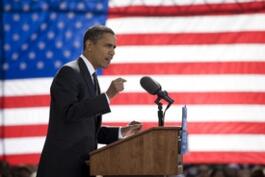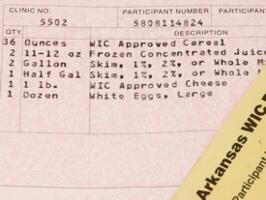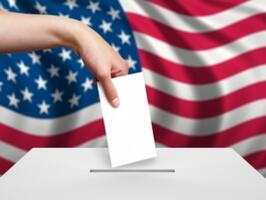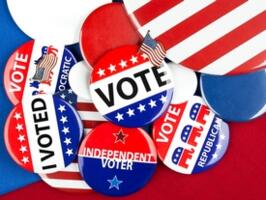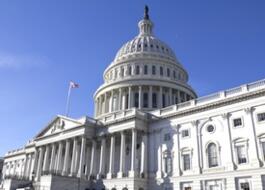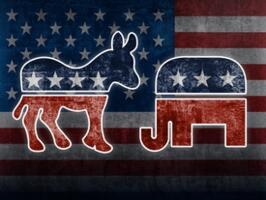78% Say Politicians Play ‘Race Card’ Just to Get Elected
Voters, regardless of race, agree that most politicians play the so-called “race card” just to pick up votes. Still, blacks strongly believe that those who oppose President Obama are racist.
Just nine percent (9%) of Likely U.S. Voters think most politicians raise racial issues to address real problems, according to a new Rasmussen Reports national telephone survey. Seventy-eight percent (78%) say they bring up race just to get elected. Thirteen percent (13%) aren’t sure. (To see survey question wording, click here.)
(Want a free daily e-mail update? If it's in the news, it's in our polls). Rasmussen Reports updates are also available on Twitter or Facebook.
The survey of 1,000 Likely Voters was conducted on October 31-November 1, 2014 by Rasmussen Reports. The margin of sampling error is +/- 3 percentage points with a 95% level of confidence. Field work for all Rasmussen Reports surveys is conducted by Pulse Opinion Research, LLC. See methodology.

